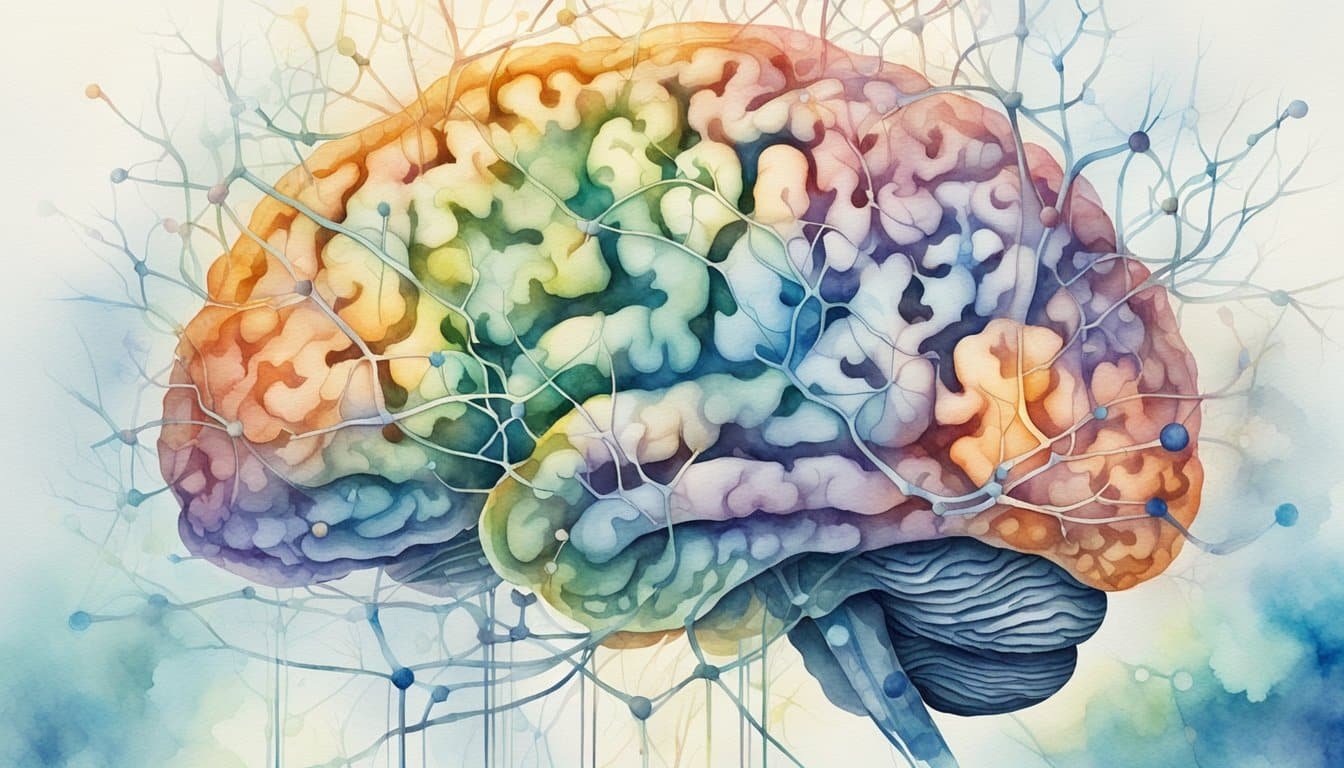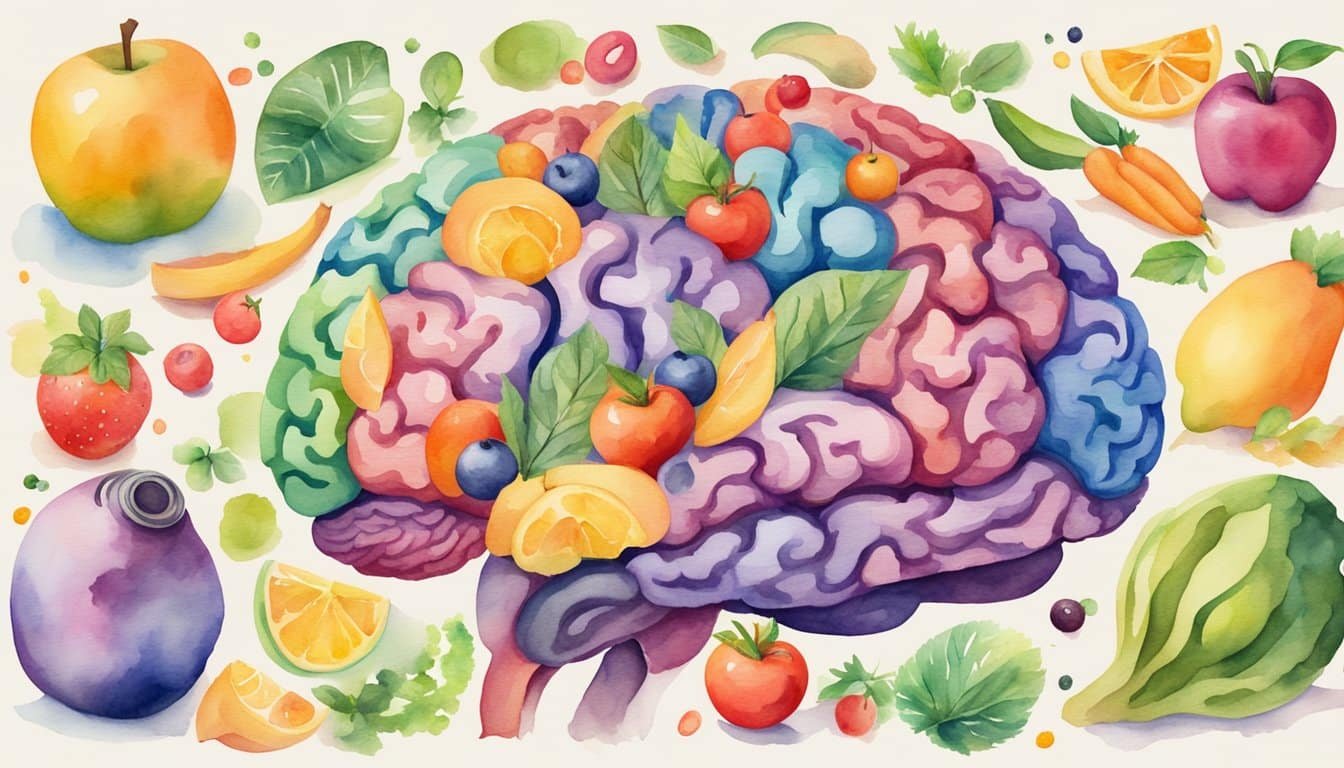Laying the Groundwork for Enhanced Intelligence
To harness one’s full potential in intelligence, it’s crucial to grasp the various types of intelligence, acknowledge the interplay between genetics and environment, and foster the right mindset for cognitive growth.
Understanding Different Types of Intelligence
Intelligence is multifaceted, with fluid intelligence referring to the ability to reason and solve novel problems, independent of any knowledge from the past. In contrast, crystallized intelligence involves using learned knowledge and experience. It’s not just about book smarts; emotional intelligence is the capacity to recognize and manage one’s own emotions, as well as empathize with others. Each type of intelligence can be nurtured and expanded through various strategies and practices.
The Role of Genetics and Environment
While a person’s genetic makeup can set a foundation for their cognitive abilities, environmental factors play a critical role in shaping intelligence. Research shows that enriched environments, filled with educational resources and stimulating experiences, can boost cognitive growth. The concept of neuroplasticity supports the idea that our brains can change and adapt throughout our lives, influenced by our surroundings and actions.
Cultivating a Growth Mindset
Adopting a growth mindset, a term coined by psychologist Carol Dweck, is key. It’s the belief that cognitive abilities can be developed over time, which contrasts with a fixed mindset—the idea that intelligence is static and unchangeable. A growth mindset encourages perseverance, effort, and a willingness to embrace challenges, thereby facilitating a person’s ability to increase their intelligence. This mindset also lays the groundwork for cognitive growth, as continual learning and skill development can lead to improvements in various areas of intelligence.
Developing Cognitive Abilities

Improving one’s cognitive abilities hinges on targeted activities and practices that enhance functions such as memory, attention, and problem-solving skills. Let’s explore key strategies for cognitive development.
Boosting Memory and Attention
Individuals can enhance their memory and attention through regular engagement in mental exercises. Puzzles, ranging from crossword puzzles to sudoku, are effective for stimulating the brain and improving these cognitive skills. For those looking to sharpen their attention span, brain training games and apps specifically designed to target this skill can offer measurable benefits over time.
- Working Memory: Practice memory games or use apps dedicated to memory training.
- Focused Attention: Daily meditation or mindfulness exercises can improve one’s ability to stay on task.
Expanding Language and Problem-Solving Skills
Education plays a crucial role in expanding one’s command over language and enhancing problem-solving skills. Reading, writing, and engaging in thought-provoking discussions can drastically increase one’s language and reasoning capabilities.
- Language Skills: Try learning a new language or regularly playing word games.
- Problem-Solving: Tackle complex problems in mathematics or logic to fine-tune this skill.
Incorporating Brain-Challenging Activities
Did you know that playing chess not only entertains but also works wonders for the brain’s problem-solving and strategic planning abilities? Incorporating intellectually challenging activities like chess and strategy-based games can boost brainpower. They prompt users to anticipate, plan, and adapt, which are key components of executive functions and higher problem-solving skills.
- Chess: Regular games can help develop foresight and strategic thinking.
- Strategy-Based Games: Engaging in games that require planning and adaptation helps build cognitive flexibility.
Adopting a Brain-Healthy Lifestyle

Adopting a brain-healthy lifestyle is essential for enhancing cognitive functioning and improving intelligence. This includes fine-tuning aspects of nutrition, integrating consistent physical activities, prioritizing restful sleep, and engaging in practices that foster mental wellness.
Nutrition and Brain Health
Nutrition plays a pivotal role in brain health. A diet rich in omega-3 fatty acids, found abundantly in fish, can support brain cell health. Including a variety of fruits and vegetables can provide antioxidants that protect the brain. Snacking on nuts, like walnuts, is known to benefit neural activity. For example, incorporating salmon into regular meals contributes to brain growth through beneficial fats.
The Importance of Exercise and Sleep
Exercise is not only beneficial for the body but also for the mind. Engaging in regular exercise can enhance mood, increase brain power, and improve attention span. Likewise, maintaining a consistent sleep schedule ensures adequate rest, pivotal for cognitive repair and improvement.
- Recommended Exercise: Aim for at least 30 minutes of moderate exercise most days.
- Sleep Suggestion: Establish a sleep routine with 7-9 hours of sleep nightly.
Mental Wellness Practices
Mental wellness practices such as meditation can improve intelligence by enhancing concentration and attention span. Regular participation in new experiences and activities, along with a habit of reading, stimulates the brain and encourages ongoing cognitive growth.
- Meditation: Incorporate daily sessions, even if just for a few minutes.
- New Experiences: Routinely challenge oneself with new hobbies or learning opportunities.
Adopting these practices into daily life empowers individuals to take charge of their brain health and boost their cognitive functioning in a fun and engaging way.

